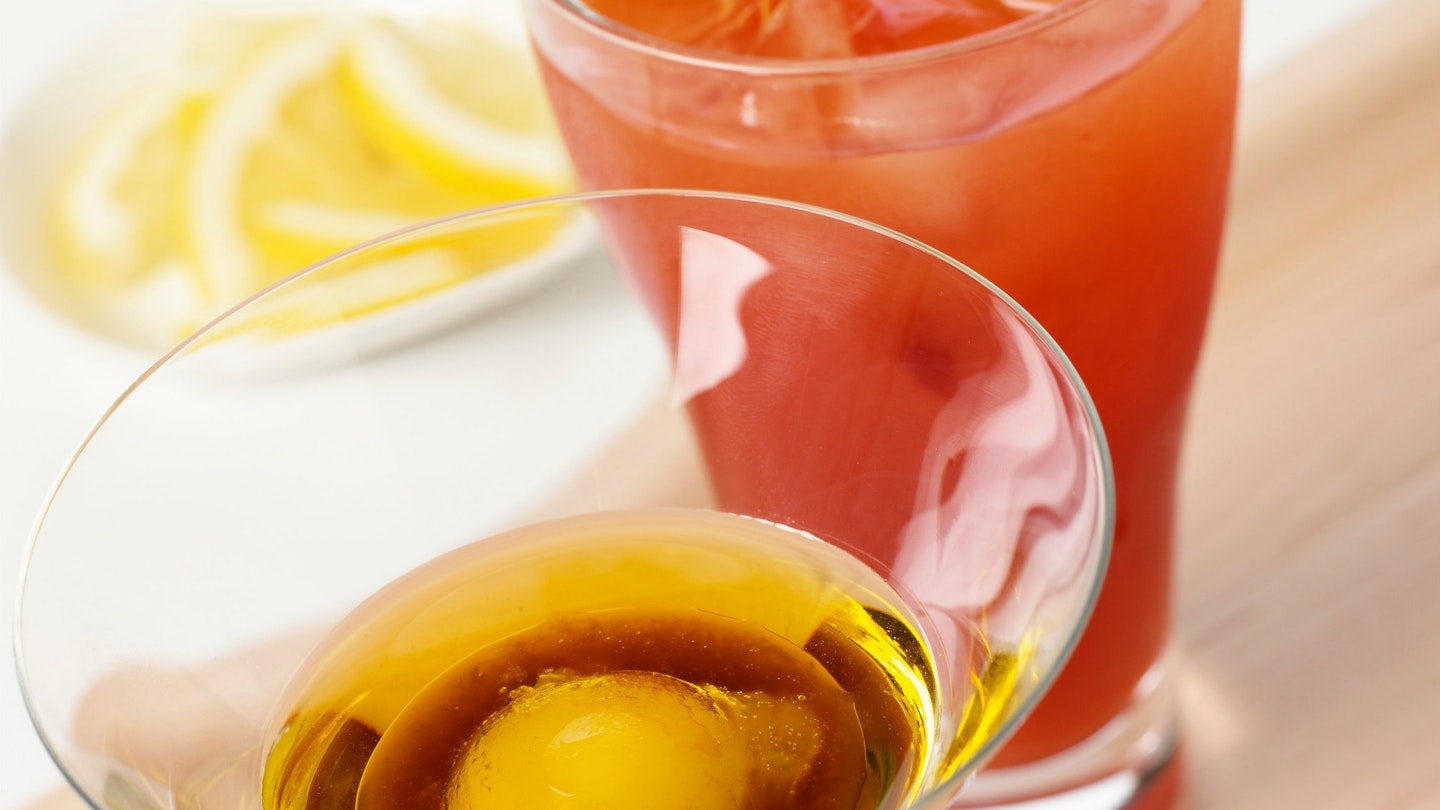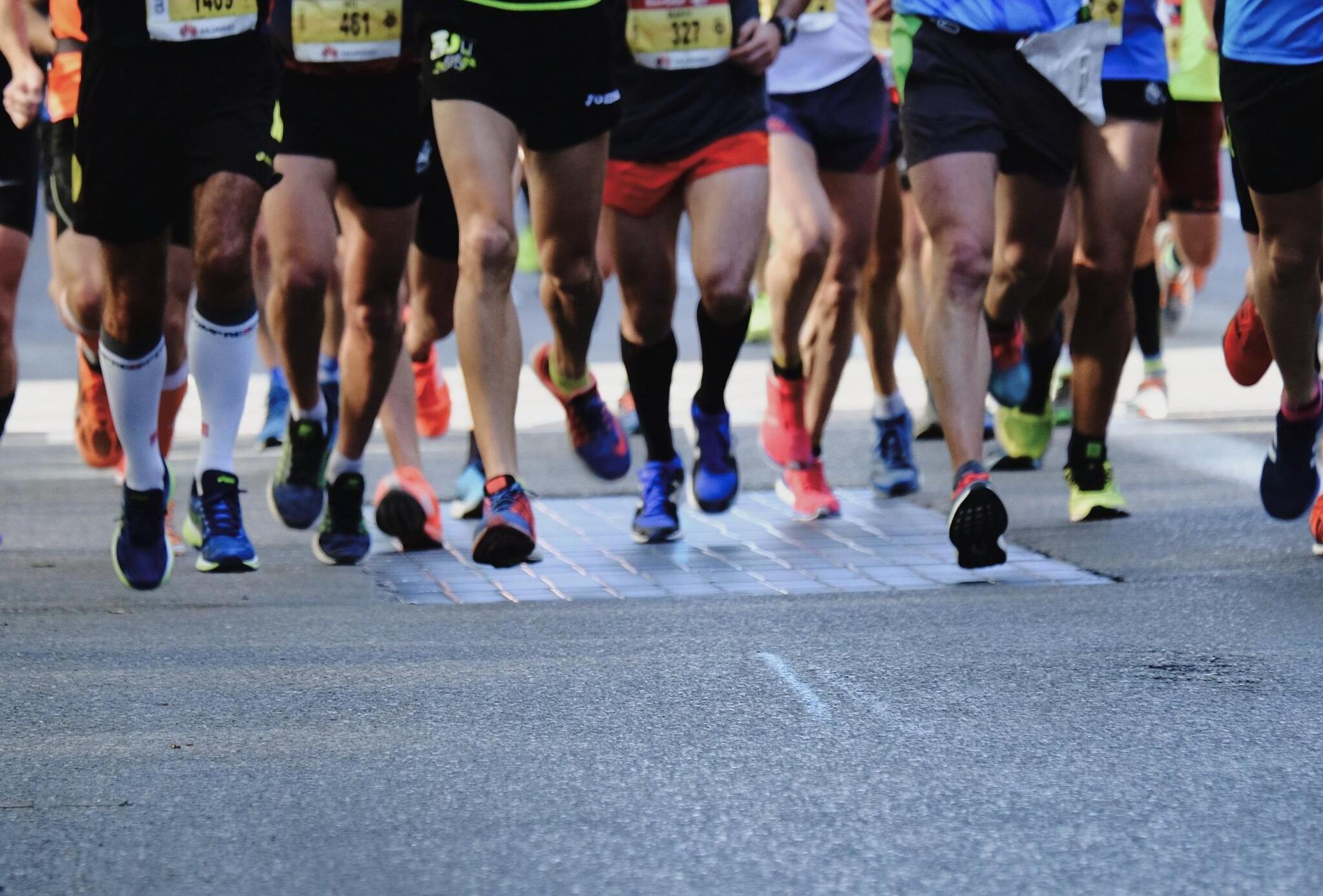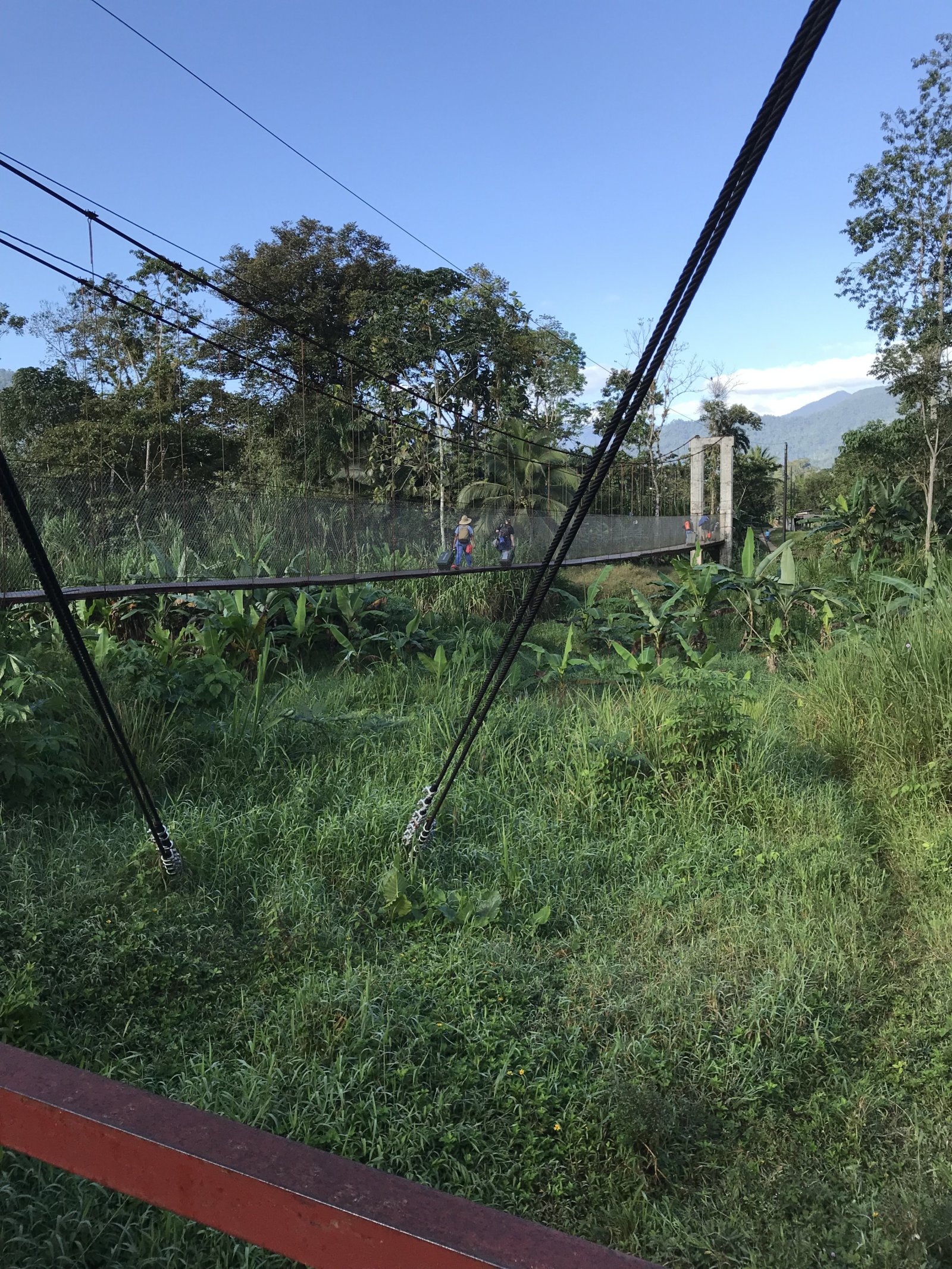Unique Hangover Remedies from Around the World
When it comes to hangovers, science offers a somewhat tedious approach to recovery. Regular drinkers understand that effective methods to alleviate the effects of excessive alcohol consumption include hydrating with water, using electrolyte supplements, and taking painkillers. However, a review of hangover remedies from various cultures suggests that there are far more intriguing ways for party-goers to ease their discomfort. While these methods may not possess scientific validation, they are worth exploring.
Peru: Leche de Tigre

Known as ‘tiger’s milk’, this zesty and spicy concoction is derived from the marinade used for ceviche, a beloved Peruvian dish of fresh raw fish cured in citrus juice. The primary ingredients include fish stock, firm white fish, garlic, coriander, onion, chilies, salt, pepper, and the vital lime juice. Its tangy and spicy profile is believed to stimulate both the senses and digestion, plus it’s often regarded as an aphrodisiac.
Mexico: Menudo

This spicy tripe soup is a favorite among those who swear by its restorative effects. Although it’s not a quick remedy—it takes several hours to prepare—Mexican families often start cooking it the night before. The traditional broth is filled with ingredients like beef tripe, dried corn, and dried chilies, usually garnished with raw onion and a splash of lime juice.
Japan: Umeboshi Plums
Umeboshi plums possess a long-standing reputation for alleviating hangover symptoms, with Samurai warriors reportedly toting the fruit to fend off fatigue and hangovers. Highly sour and salty, these preserved fruits are believed to assist digestion and eliminate bacteria, with their substantial sodium and potassium content aiding in electrolyte balance. If the taste is too intense, soaking the plums in green tea can soften the flavor.
Germany: Katerfrühstück
Imagine rollmops—pickled herring fillets rich in omega-3 fatty acids—wrapped around savory fillings like gherkins. This serves as one component of katerfrühstück, or ‘hangover breakfast’. High in potassium and sodium, it helps drinkers recover from the effects of even the strongest German schnapps.
South Korea: Haejangguk

Another hearty soup known as haejangguk translates to ‘soup to get sober’. This age-old recipe from the 14th-century Joseon dynasty consists of a flavorful mix of oxtail, coagulated ox blood cubes, soybean paste, soybeans, scallions, chili, and garlic. The healing aspect of the broth is attributed to roots from soybean sprouts, believed to mitigate the adverse effects of acetaldehyde generated by alcohol consumption.
USA: Prairie Oyster

The prairie oyster, a mix of egg yolk, Worcestershire sauce, vinegar, hot sauce, and seasonings, is a shellfish-free concoction. Emerging in 19th-century America, its creation stemmed from the popularity of oyster houses and bars, with prairie oysters becoming a regional specialty in landlocked areas. When consuming this drink, it’s essential to maintain the yolk intact and typically consume it in one gulp. While its hangover-curing properties are debatable, the very idea of drinking one may deter overindulging in alcohol initially.
Russia: Kvass

Kvass, a traditional beverage popular in Russia, Ukraine, Belarus, Estonia, and Poland, is created from rye bread. Classified as a non-alcoholic drink, it can still provide mild ‘hair of the dog’ effects due to its alcohol content, which ranges from approximately 0.5% to 1.5%. This fizzy drink, enjoyed since the Middle Ages, is made by fermenting bread with local ingredients, boasting an abundance of Vitamin B, often depleted after a night of drinking.
Ireland: Fry-up
An Irish fry-up is celebrated not only in Ireland but also in England and Scotland for its reputed curative properties. The primary components include bacon, sausages, white and black pudding, eggs, grilled tomatoes, and mushrooms. Traditionally, a side of soda bread is distinctly Irish, whereas a full English breakfast typically omits the pudding and incorporates baked beans and fried bread. The Scottish variant tends to feature potato scones. The greasiness is thought to absorb alcohol, while the resultant carb coma distracts from hangover discomfort.
Ecuador: Oregano Tea

On the milder side of hangover elixirs, a herbal tea made from oregano is a favored drink in Ecuador after festivities. Oregano is recognized for its medicinal and culinary properties, often used to soothe upset stomachs. The tea can be brewed by steeping dried or fresh oregano leaves in hot water, enhanced with citrus or sweeteners. This drink not only aids digestion but also provides hydration along with mild antiseptic benefits.





